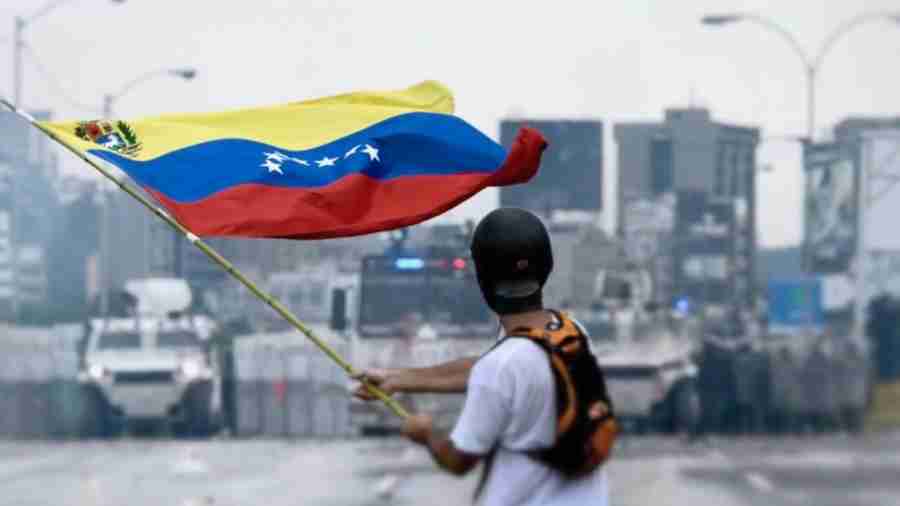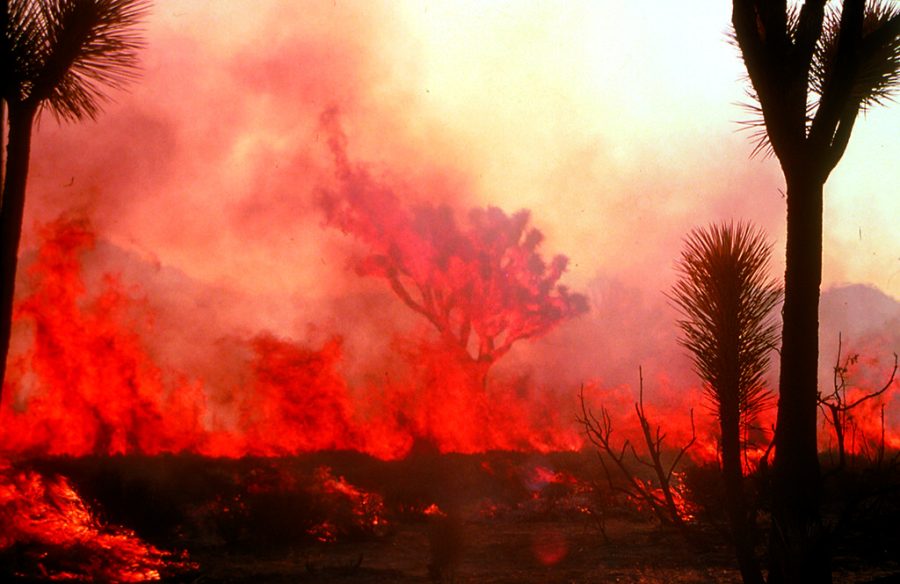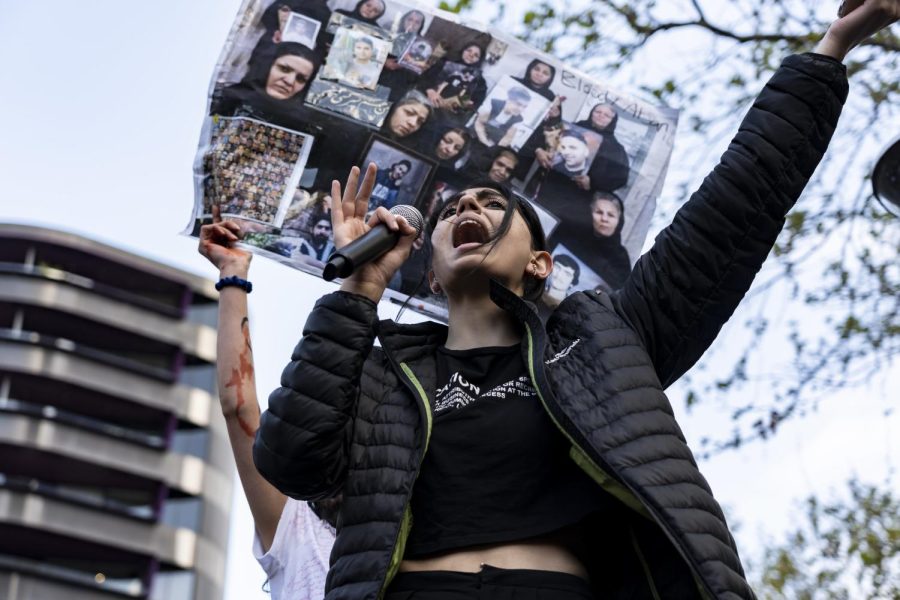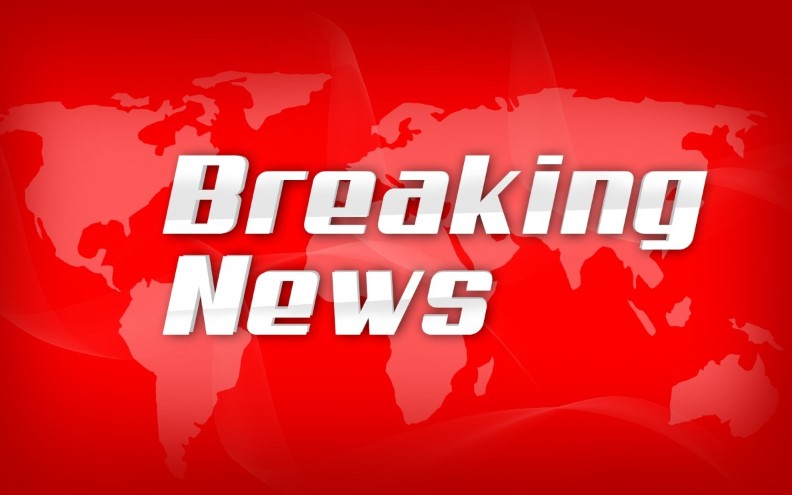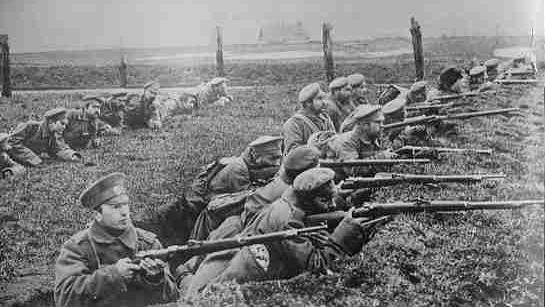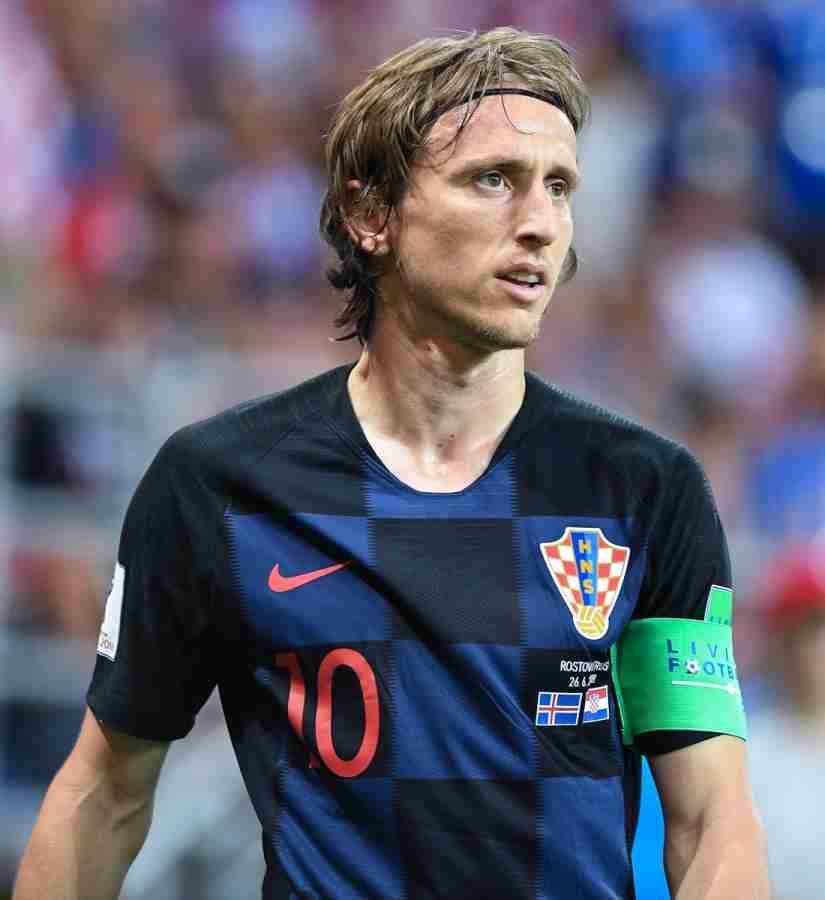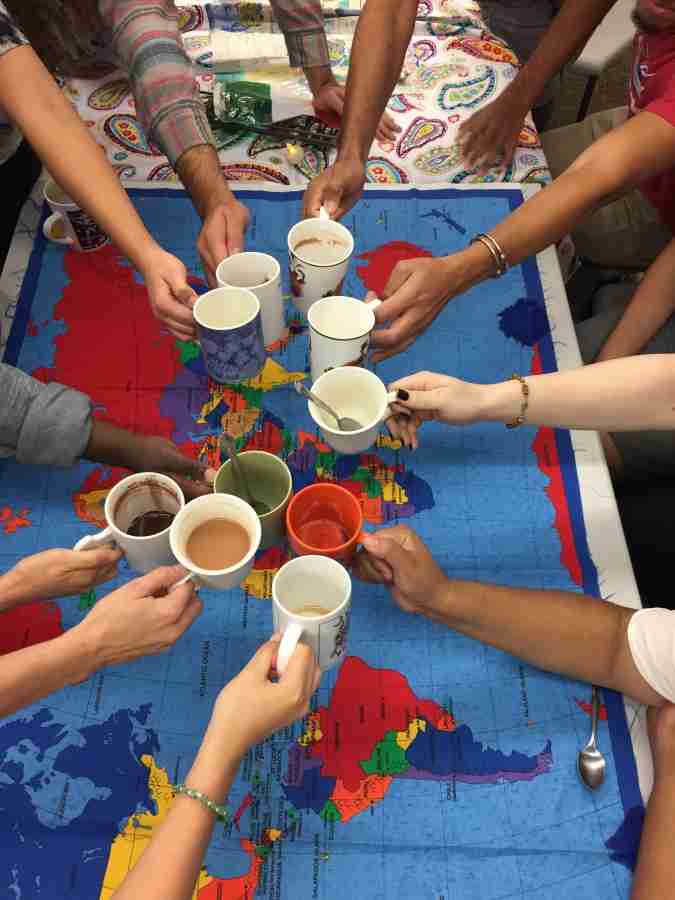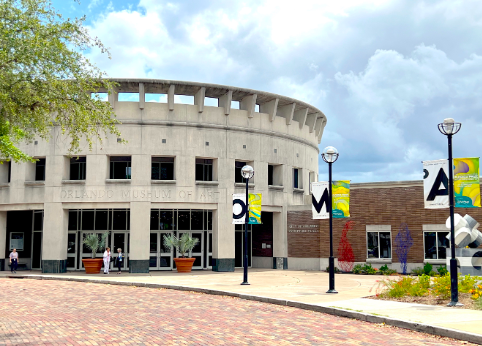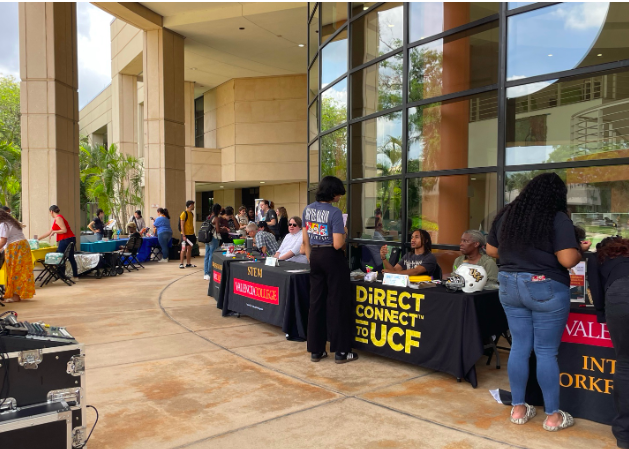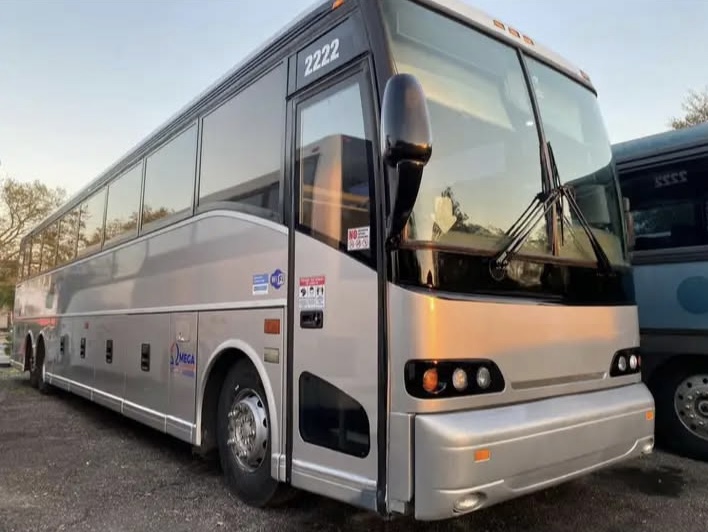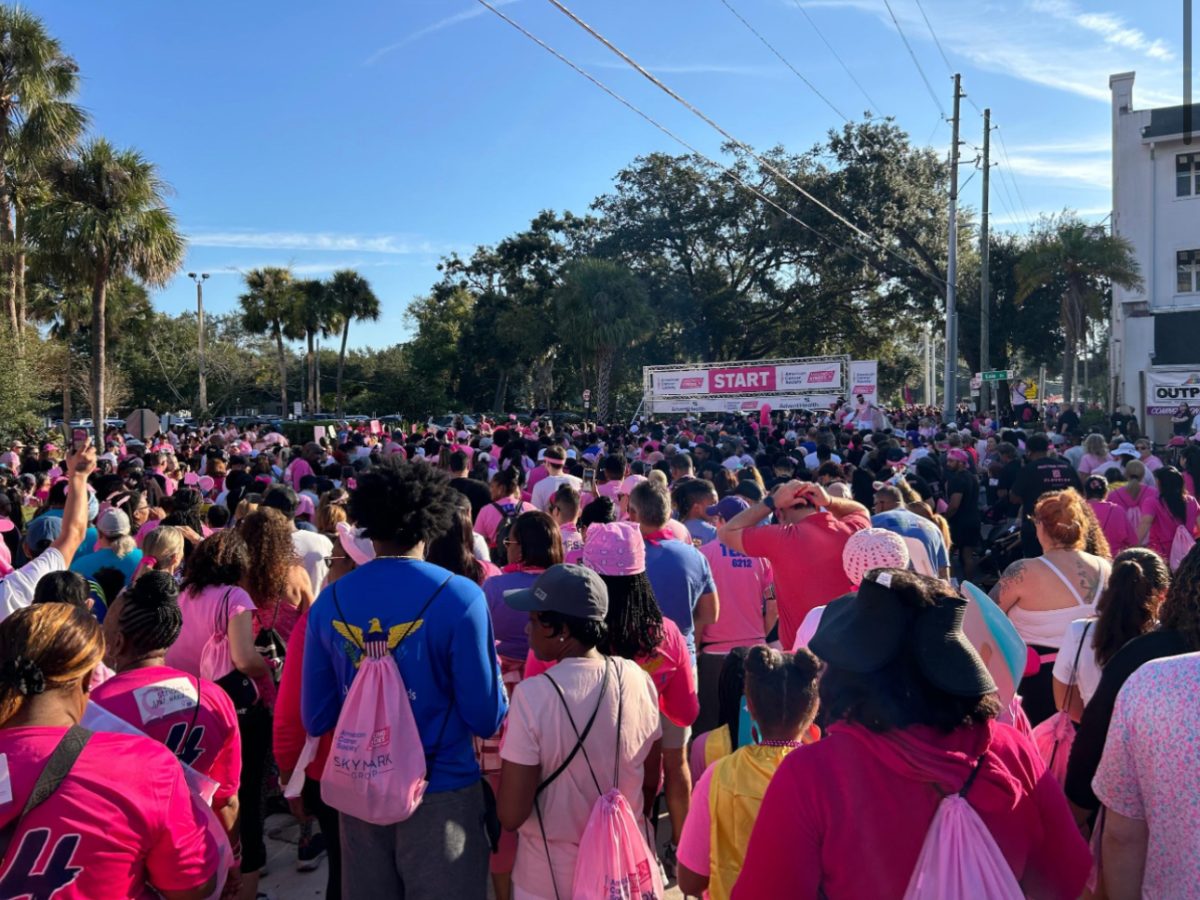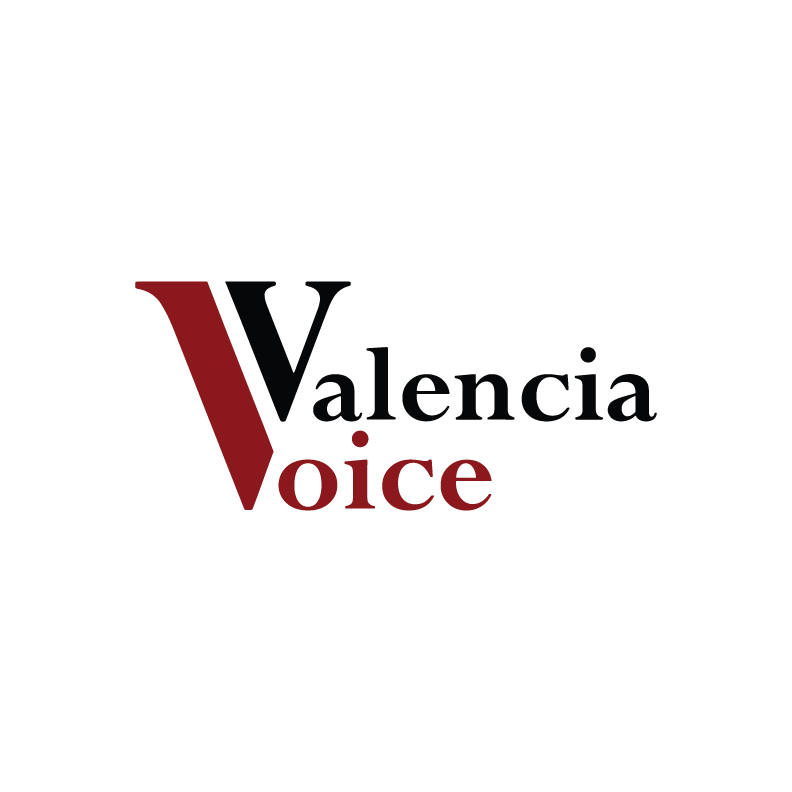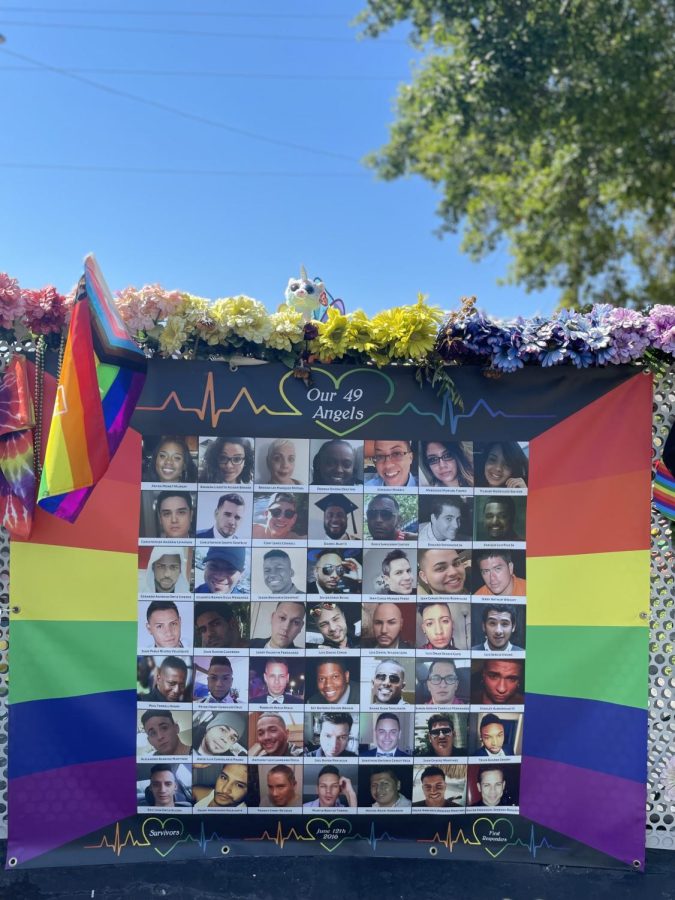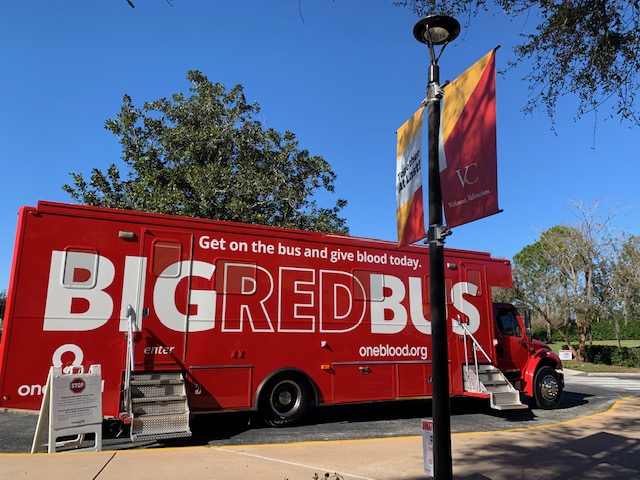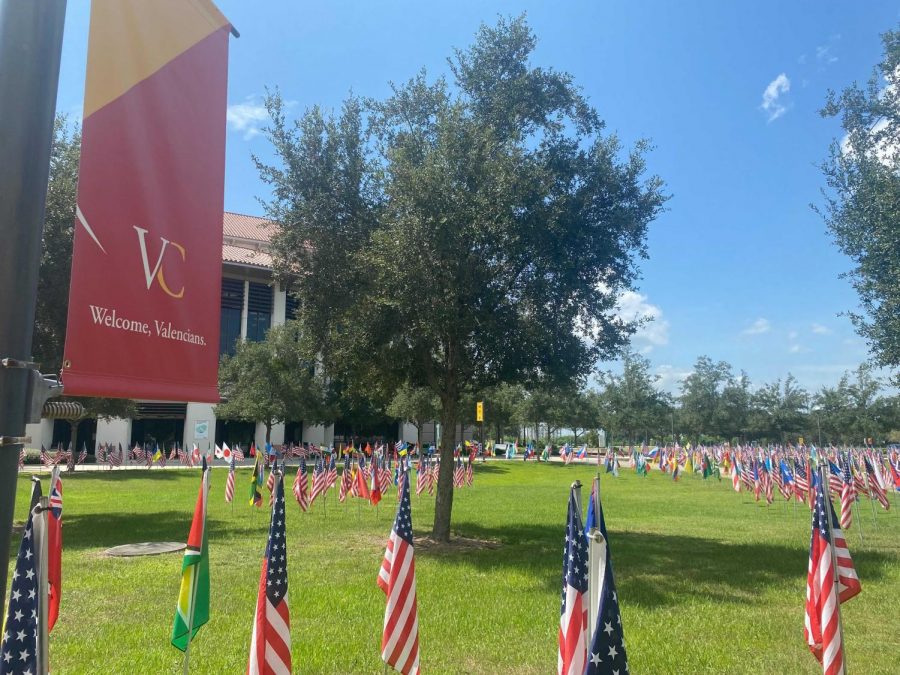“Libertad! Libertad! Libertad!” was the unison clamor of the people in the streets of Venezuela demanding liberty and the exit of President Nicolas Maduro, who they blame for the hyperinflation, water and electricity outages, food scarcity, and medicine shortages.
Economic decline in Venezuela dates to 2000 when former President Hugo Chavez introduced measures to end social inequality. Chavez expropriated private businesses and imposed price controls that damaged the internal productivity of Venezuela when it forced businesses to go overseas to make profits. Chavez also nationalized the oil industry and made it the primary source of revenue for the state. However, when the oil price crashed, Venezuela, unable to produce domestic products and without enough revenue streams to afford imports, faced higher rates of inflation. The government, to camouflage inflation, introduced a new currency with higher values and started to print more money, contributing to skyrocketing hyperinflation. Chavez died in 2013 and Maduro, the republic’s vice president at the time, ran for the presidency and was elected that same year. Since then, he has been president and has been unable to manage the economic problems of the country.
The Venezuelan government has become more authoritarian over time, banning political diversity in government branches, repressing uprisings, and denying the extent of the humanitarian crisis. On January 10th, Maduro was sworn in for his second term after a disputed reelection.
In 2017, Smartmatic, a London-based electronic voting company that provided equipment for state elections, denounced the alleged manipulation of the ballots. The fraudulent results allowed the government to nullify the National Assembly, the legislative branch controlled by opposition parties, and establish a Constituent Assembly controlled by Maduro’s party, the Socialist Party of Venezuela (PSUV). So, when Maduro was reelected in 2018, the U.S. and other members of the international community did not recognize Maduro’s second term and opposition leaders refused to recognize the results given by the National Electoral Council (CNE), an entity fully controlled by Maduro’s officials.
The National Assembly condemned Maduro’s attack on democracy and urged the President of the National Assembly, Juan Guaido, to take the role of interim president of Venezuela until democratic elections can be secured. The 36-year-old liberal followed the processes established in Articles 233 and 333 of the Venezuelan Constitution to take power away from an illegitimately elected president, establish a transitional government and guarantee democratic elections. Guaido then called people to follow his interventions and take the streets on January 23rd, the day of the interim president swear-in ceremony.
On January 23rd, Venezuelan streets were flooded with people in support of Interim President Guaido. The young leader made his intentions clear to bring humanitarian aid to the country and carry out a plan to restore democracy in Venezuela. In light of his proclamation as temporary president of Venezuela, the international community moved to recognize Guaido’s role. He affirmed that international support is the first stage of his plan as it is the interruption of the executive power, the two other stages will consist of a government of transition followed by democratic elections.
Venezuela has a long record of political imprisonment, and since Guaido’s proclamation at least 988 individuals between the ages of 18 and 22 have been detained by Venezuelan armed forces, according to Alfredo Romero – the Director of the Venezuelan Criminal Forum. Another 40 people have been killed by the regime, according to a report from the United Nations High Commissioner for Human Rights.
After Guaido’s proclamation, members of the international community moved to recognize his claim as the legitimate temporary president of Venezuela. The United States was the first to communicate its support to Guaido. Shortly after, Argentina, Brazil and many other Latin American countries moved to recognize Guaido as well and by February 4th, France, Germany, the United Kingdom, and at least nine other European countries had recognized Guaido as president in charge of Venezuela.
Guaido officially requested United States humanitarian aid for the Venezuelan people after his proclamation and Secretary of State, Michael Pompeo said the U.S. would give $20 million in aid. As recently as February 4th, Canadian Prime Minister Justin Trudeau also promised to give $53 million in aid.
Venezuela’s political negligence, deepening economic crisis, and social troubles have led a once-rich and prosperous nation to be a country of decay. The United Nations High Commissioner of Refugees reported that 3 million Venezuelans have fled. A nation that sits on the world’s largest oil reserve faces an inflation rate of 10,000,000 percent as predicted by the Monetary Fund International. The crisis has damaged every element of society and reached every Venezuelan house. As of 2018, the Foundation for Economic Education reported 91 percent of Venezuelan families live below the poverty line, and 65 percent of them face extreme poverty. The price of staying alive is nearly impossible as Venezuela’s minimum wage is $6 a month. People are not living anymore, they are surviving.
Maduro has refused to let the humanitarian aid waiting at the Colombian border into the country, claiming that it is an invasion from imperialist forces. Guaido keeps gaining popularity from his diplomatic and legal actions. The United States froze Maduro’s accounts with access to oil revenue and transferred the payments made to the national company Oil of Venezuela (PDVSA) to interim president Guaido, this type of actions debilitates Maduro’s regime and allows Guaido’s plan to continue.
The events in Venezuela have moved past left-wing versus right-wing debates as Venezuelans have unified to reject a failed government. More than 80 percent of Venezuelans, regardless of their political ideologies, want Maduro gone. Guaido’s efforts and the response of the public must also be separated from the concept of a coup. Maduro proclaimed himself president without fair and transparent elections, making him an illegitimate leader, the legislative branch chooses a temporary leader with the task of restoring democracy because that is the way it is established in the Constitution of Venezuela. So, a constitutional process aimed to reinstate political order in a country cannot be called a coup.
After the death of Chavez, Maduro promised to carry out Chavez’s legacy and make everyone equal. He did. Every person in Venezuela regardless of their occupation, race, gender, or physical condition is suffering from the lack of basic products such as milk, sugar, chicken, oil or flour, scarcity of medicines, looking for ways to leave the country by plane, boat, or foot, constantly losing someone to crime, Armed Forces’ violence, or suicide growing at a alarming rate, parting from family members indefinitely, dealing with power outages that last as long as 12 hours, lacking safe access to transportation, and living in constant uncertainty because there is no future to imagine.
In the last decade, Venezuelans have seen their country deteriorate the way a family member deteriorates from a deadly disease. The lives of Venezuelans have been reduced to knowing when meat will arrive at the supermarket, how many sanitary towels will be allowed per woman this month, how to find antibiotics and how to afford them in case of sickness, or how to get to work if there are no buses. The Venezuelan government understood that keeping people in a constant struggle to survive was the success of their governance. Maduro’s objective has been to keep people hungry so he could keep them busy, so they would rather spend their time worrying about where their next meal would come from than attending protests. Maduro’s regime has played with Venezuelans’ dignity for too long, that is why the United States and the rest of the international community recognizing the atrocities of his presidency and siding with the people means an opportunity for millions of Venezuelans to be helped and heard.
Venezuela has become a place of hopelessness. Not long ago, Maduro’s dictatorship seemed to be undefeatable and many Venezuelans were sure things would get worse before they could get any better. However, for the first time in six agonizing years, a ray of hope appears again among Venezuelans. This time, the entire world is observing, and Venezuelans do not feel alone. This may be the end of a vile government that has killed and kidnapped Venezuelans and usurped democracy and liberty from citizens, this could be the start of what Venezuelans have long wished for: Libertad.

